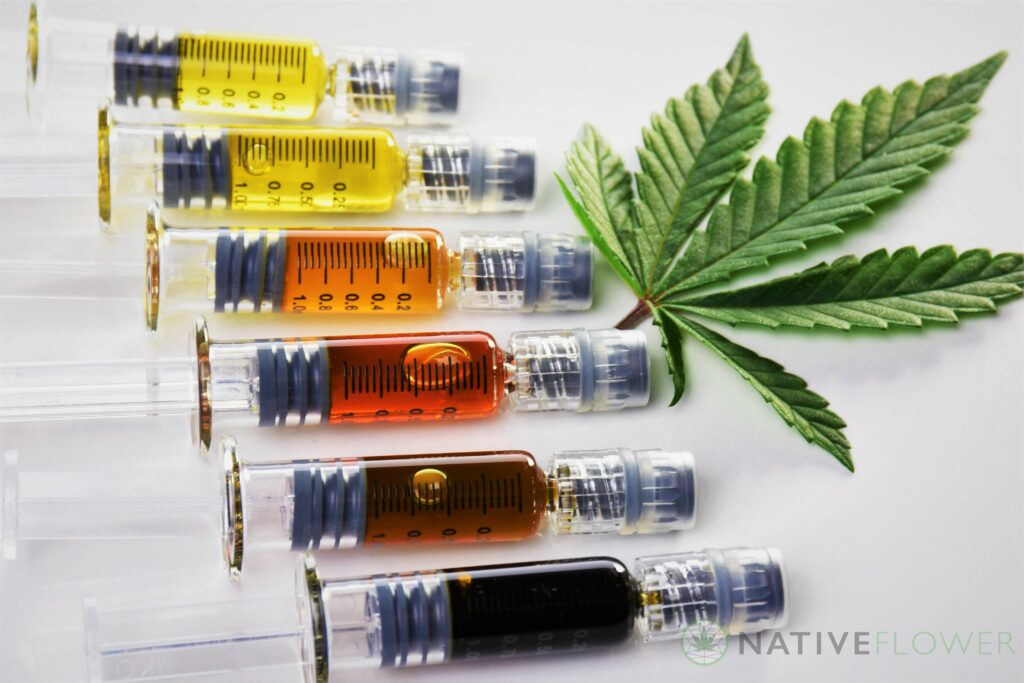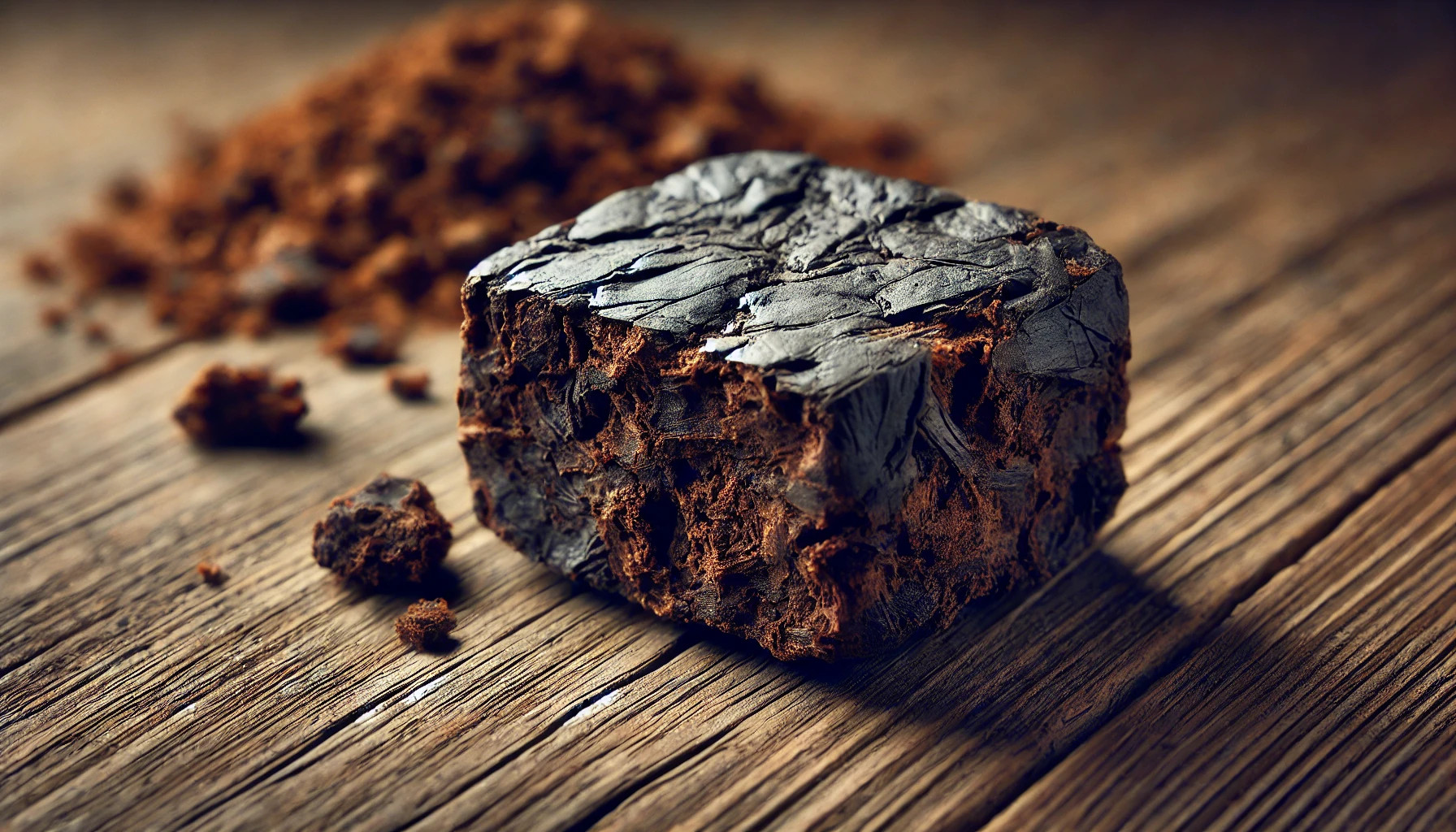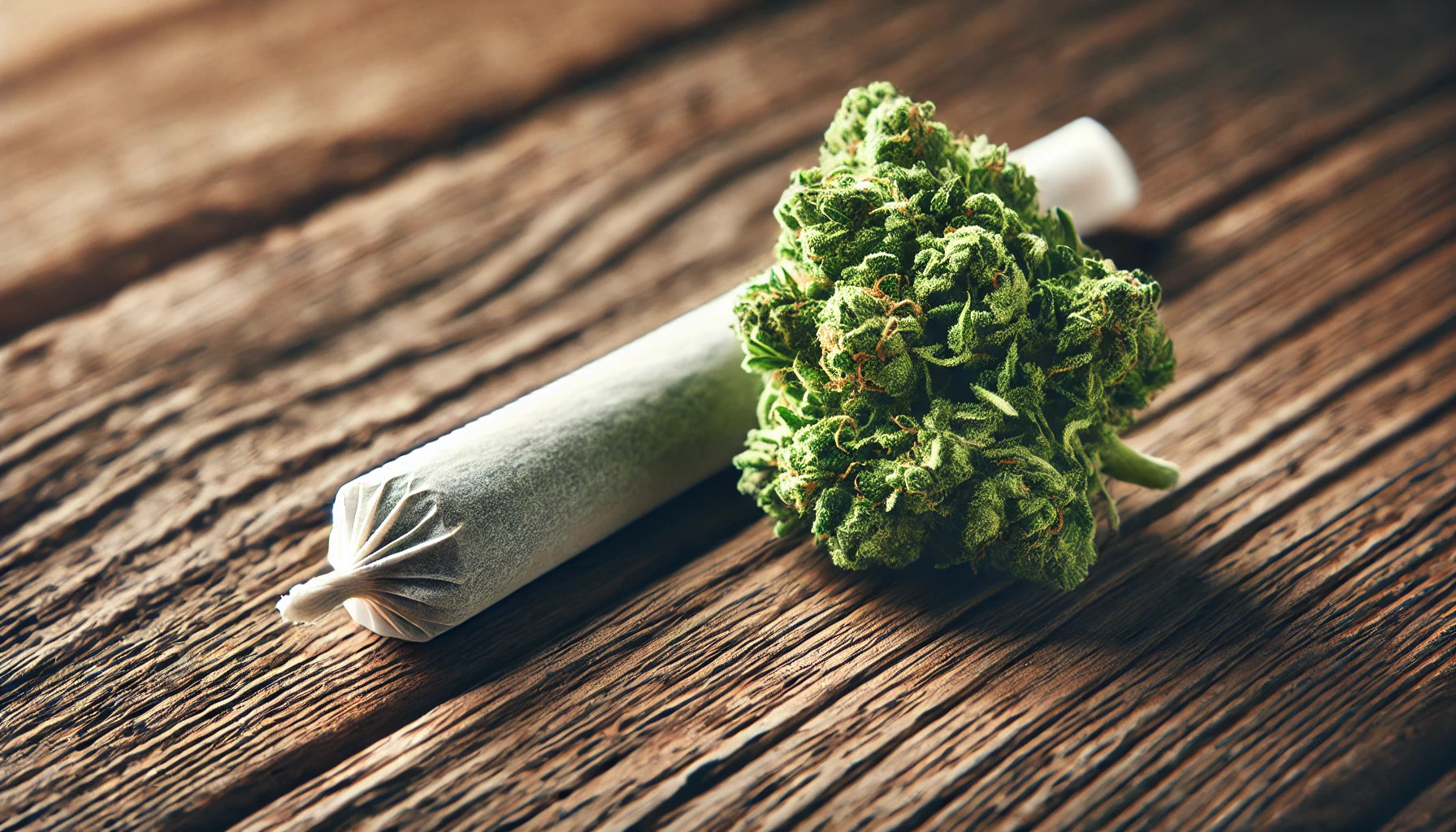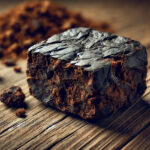
Cannabis oils are a popular form of consuming THC, the primary psychoactive compound in cannabis. These oils come in different forms, and among the most commonly used are THC distillate, honey oil, and black oil. Understanding the differences between these oils is important for choosing the right product for your needs.
THC Distillate
THC distillate is a highly concentrated form of THC that has been purified to contain only the psychoactive compounds of the cannabis plant. It is made by heating the plant material and using a process called distillation to isolate the THC molecules. The end result is a clear and translucent oil that is nearly 100% THC. With average THC levels ranging from 80-99%, THC distillate is one of the most potent concentrates on the market.
One of the main advantages of THC distillate is its versatility. It can be used to make a wide range of cannabis products, including edibles, topicals, and vape cartridges. THC distillate is also flavorless, making it a good option for those who want to avoid the taste of cannabis. Typically it’s consistency very stiff and tacky but it can be thinned using terpenes. This can add back some aroma and taste lost during the distillation process.
Honey Oil or Cherry Oil
Honey oil, also known as BHO (butane hash oil), is a type of cannabis concentrate made by using butane as a solvent to extract THC from the plant material. The oil is purged of any residual butane to create a golden, viscous liquid with a consistency similar to honey. It is sometimes called cherry oil if it is darker and red color. The color is mostly dependent on the cannabis and method used. With average THC levels ranging from 50-80%, honey oil is known for its high potency and fast-acting effects. It has the naturally occurring terpenes from the cannabis it was extracted from.
A drawback of this type of honey oil is that it can contain trace amounts of butane, which can be harmful if inhaled. Additionally, the process of making honey oil can be dangerous, as butane is a highly flammable substance.
Occasionally honey/cherry oil can be made using other solvents such a ethanol, acetone or isopropanol where the plant material only comes in contact with the solvent for a short time. This leaves the resulting oil a light golden color. The product may then be winterized or chilled to allow some of the fats/lipids to be removed and may be filtered to further clarify the oil. The oil can then be purged of the remaining solvent.
Black Oil
Black oil is used to describe a type of cannabis concentrate that is dark in color and has a sticky, tar-like consistency. It is made by extracting THC and other cannabinoids from the plant material using a solvent such as isopropanol or ethanol. The resulting oil is then purged of any residual solvent. The dark color comes from residual plant materials, lipids and oils also extracted from the plant.
Black oil is known for its high THC content, which can range from 40-80%. However, the exact potency and quality of black oil can vary greatly, as it can be produced using different methods and solvents.
THC distillate, honey oil, and black oil are all popular forms of cannabis concentrates that offer users a fast-acting and potent way to consume THC. While they may seem similar, each type has its own unique set of characteristics, advantages, and disadvantages. Understanding the differences between these concentrates is essential for choosing the right product for your needs.





